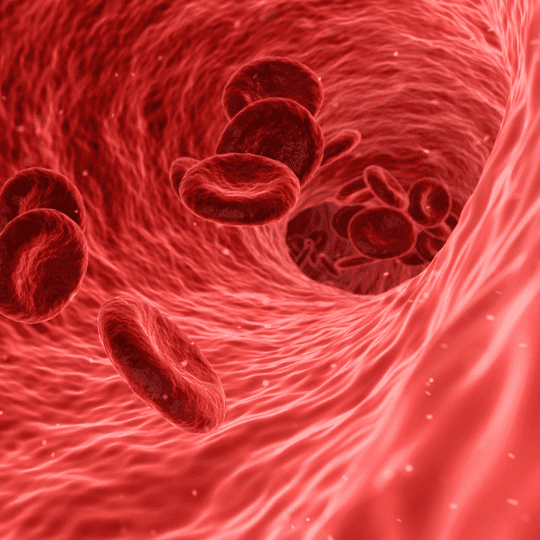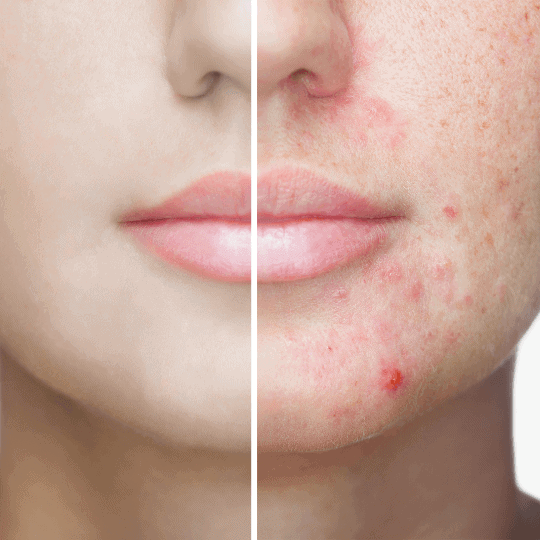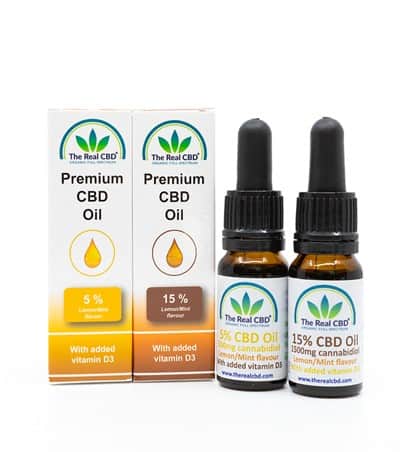Sun Exposure
Each day, Apollo's fiery chariot moves across the sky, bringing life-giving light to the world. This is how it works: People in ancient Greece and Rome thought that Apollo was a god of medicine and healing as well as the sun and light. But Apollo could also make people sick or make them better! Today, scientists have come to the same conclusion: Exposure to ultraviolet radiation (UVR) in sunlight, can be both good and bad for people's health.
Most of the health benefits of sun exposure are thought to come from vitamin D photosynthesis, but there are some other health benefits that haven't been talked about as much. This is because the last decade's debate on too much sun exposure is bad for you.
Let's outline the 10 most important benefits of sucking up those daily rays….
1. Exposure to the sun reduces blood pressure.

A group of researchers from the University of Edinburgh discovered something new. When sunlight strikes the skin, a chemical called nitric oxide, which helps decrease blood pressure, is produced into the blood vessels. This discovery was significant. Because it was previously assumed, that sunlight's primary health advantage to humans was to boost vitamin D production. Sun exposure not only improves health but also extends life. Because lower blood pressure reduces the chance of heart attacks and strokes, it's a good thing. The benefits greatly outweigh the risk of skin cancer.
2. Bone health is improved by exposure to the sun.
Vitamin D enhances the absorption of bone-strengthening calcium and phosphorus in the body. However, new research reveals that bone density and vitamin D3 have a direct relationship. Vitamin D3 is a fat-soluble vitamin that is produced when sunlight strikes the skin. Calcium absorption is regulated by it. Vitamin D3 levels in the blood are linked to a lower incidence of fractures of nearly any kind. Lower levels of vitamin D3 in the blood, on the other hand, are linked to an increased risk of all forms of fractures. This is why, in older persons, sun exposure is extremely crucial for bone health.
3. Sunlight enhances brain function.

Vitamin D is now connected to a multitude of activities throughout the body. This includes brain function, in addition to aiding bone health and managing crucial calcium levels. Research has discovered that sunshine can assist stimulate nerve cell growth in the hippocampus. That is the area of the brain responsible for memory formation, organization, and storage.
4. Sunlight alleviates minor depression.
The seasonal affective disorder is a condition caused by a lack of sunlight (SAD). SAD is a type of depression that is more prevalent during the winter months. It's especially prevalent in those who work long hours in office buildings and don't get out much to enjoy the sunshine. Moderate sun exposure, on the other hand, raises levels of natural antidepressants in the brain. This can help to alleviate this and other types of moderate depression. This is because the brain creates more serotonin (a mood-lifting neurotransmitter) on bright days than on cloudy days.
5. Sunlight increases the quality of sleep.
When the sun shines in our eyes, a signal is sent to the pineal gland in the brain. Our production of melatonin (a hormone that makes us sleepy) is then turned off until the sun sets again. Your body receives a clear signal that it is no longer night. All aids in the maintenance of a healthy circadian rhythm. When it gets dark outside, your body receives the signal once more, and you feel weary and drowsy when it's time to go to bed. Poor sleep quality has been associated with low levels of melatonin production at night due to overproduction during the day, especially in older people.
6. Sunlight helps to alleviate Alzheimer's symptoms.
Alzheimer's patients who are exposed to the sun from 9 a.m. to 6 p.m., followed by darkness at night, perform better on mental assessments and ameliorate some elements of the condition, according to clinical studies. One study published in the Journal of the American Medical Association found that Alzheimer's patients who were exposed to bright light had fewer symptoms of depression, nightly wakefulness, agitation, and function loss than those who were subjected to dim daytime illumination. These benefits, according to the researchers, are due to more regular circadian rhythms.
7. Sun exposure can help to repair some skin conditions.

Acne, psoriasis, eczema, jaundice, and other fungal skin illnesses can all benefit from exposure to sunlight. In one study, for example, a four-week outdoor sunbathing therapy was found to be effective in removing psoriasis symptoms in 84 percent of participants. While sunlight has a therapeutic effect on the skin and has been successfully used to cure skin diseases. This alternative treatment approach should be done under medical supervision to avoid negative UV radiation side effects and to ensure that the benefits outweigh the dangers.
8. Children's growth is aided by exposure to the sun.
This is especially true for children under the age of one. According to studies, the amount of sun exposure a newborn receives during the first few months of life has an impact on how tall the youngster develops. Many civilizations throughout the world know this and expose youngsters to mild sunlight to help them grow and reach their full potential.
9. Sunlight boosts the immune system.
Sunlight may assist to reduce an overactive immune system, which may explain why autoimmune illnesses like psoriasis are treated with it. Moderate sun exposure is also beneficial to your immune system since white blood cells grow with sun exposure and play a critical part in combating diseases and safeguarding the body against infection.
10. Exposure to the sun lowers the risk of certain diseases.

Vitamin D deficiency raises your risk of developing a variety of diseases, particularly breast and colon cancer. Breast cancer can, however, be cured by eating nutritious foods and getting some sun. Vitamin D supplementation has been demonstrated in trials to result in a 60 percent reduction in the chance of acquiring any type of cancer.
In conclusion:
Although the sun has its advantages, it is nevertheless the leading cause of skin cancer. For a healthy adult, experts recommend no more than 15 to 20 minutes of direct sunshine every day.
Even looking towards the sun (never directly) without sunglasses early in the morning for just 30 seconds to 1 min will enhance your sleep, brain function and reduce your blood pressure!
Remember that the amount of vitamin D you can make is affected by your skin color, where you reside, and how much skin you expose to the sun.
Seeing the natural light of the sun helps the brain work better. No, not staring into the sun, but allowing the eyes to be exposed to natural outdoor light—contact lenses, eyeglasses, sunglasses and windows block the helpful sun rays.
To become healthier and happier with a 30 sec. daily hack – it doesn't get any easier!
Special Discount:
If you are living in the northern hemisphere and don't have access to the daily sun on your skin for vitamin D production you need to supplement with vitamin D. If you are over 45 years young you should also supplement with vitamin D.
We have CBD oils with added vitamin D3. For the next 30 days we exclusively offer YOU 40% discount on these products. Use discount code: SUN upon check out. Valid from 15/1 2022 – 14/2 2022

I am a certified expert in Medicinal Cannabis. We are all about giving correct and trustworthy information. We know how important it is to learn about CBD and cannabis, which is why we want to be your go-to source for trustworthy information. We help you improve your health by using our knowledge and experience as a starting point.














Leave a Reply
Want to join the discussion?Feel free to contribute!